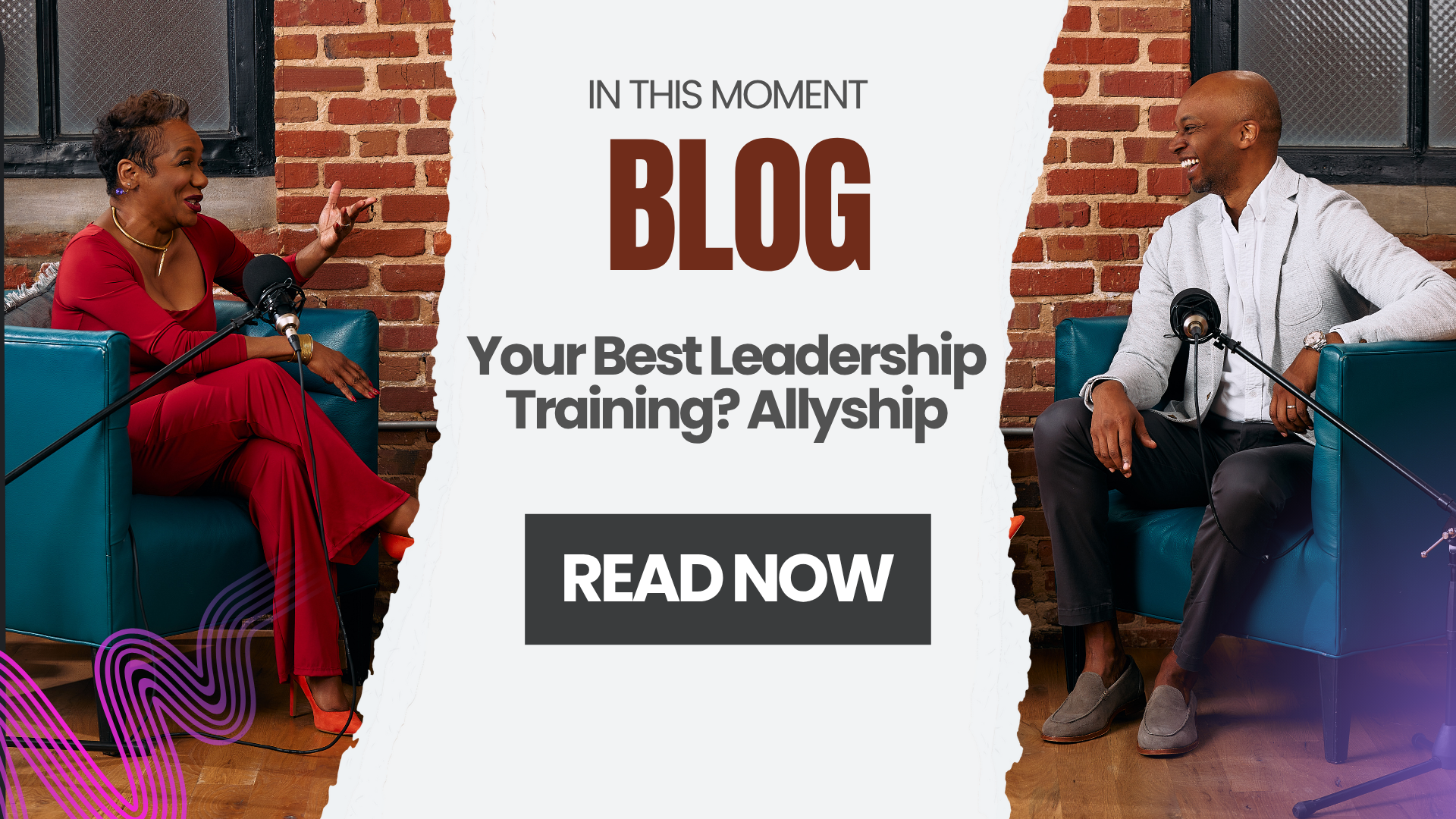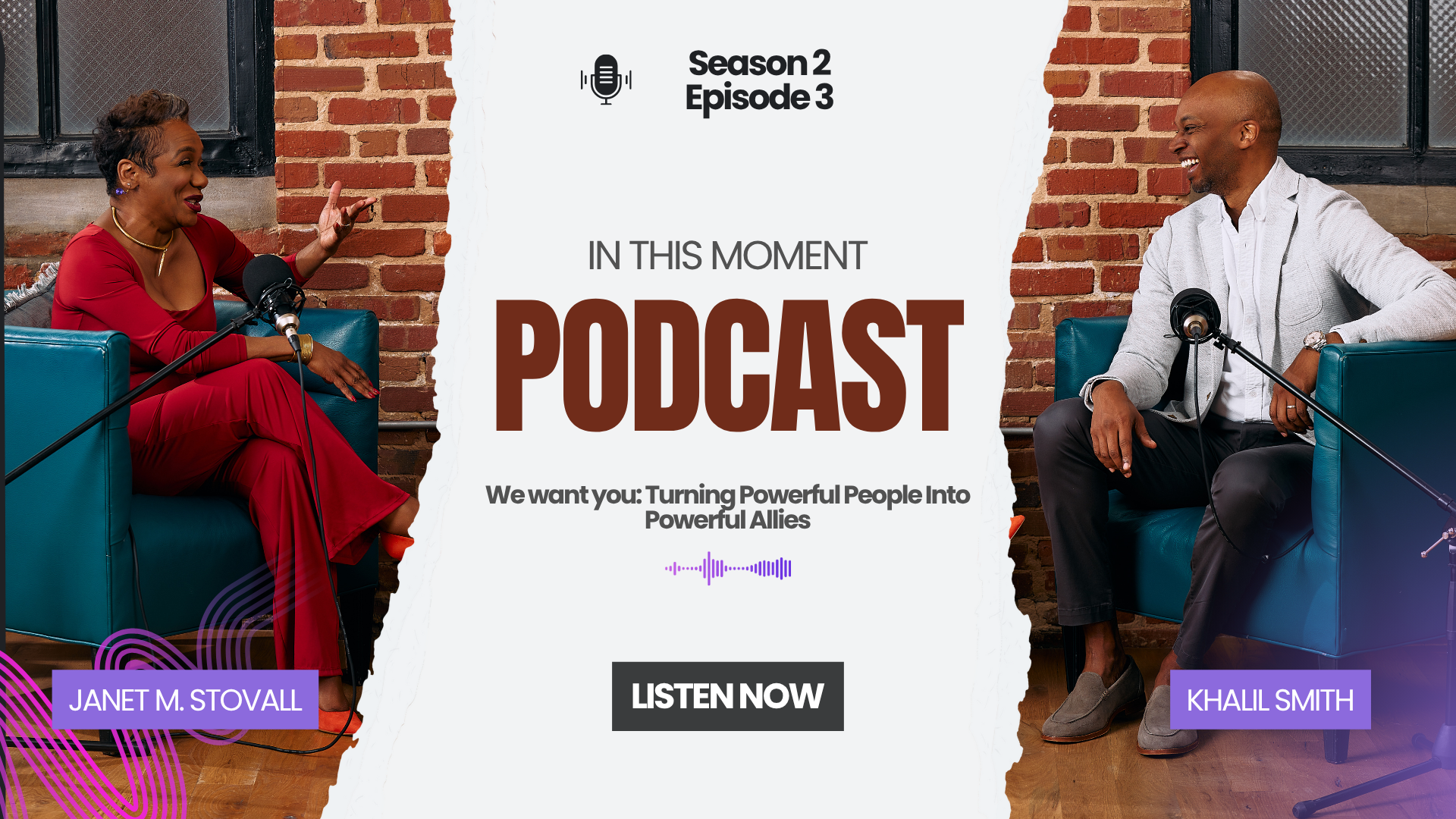Overview
This conversation explores the challenges and strategies for having difficult conversations in politically polarized workplaces. The speakers discuss the importance of courageous communication, understanding incivility and microaggressions, and the role of belonging in organizations. They emphasize the need for frameworks to facilitate courageous conversations and the impact of generational shifts on workplace expectations. The discussion also highlights the significance of finding one’s voice and agency, the power of collaboration, and the role of hope and love in driving change.
About Our Guest
Dr. Allison Schlobohm is a clinical associate professor of management and corporate communication at the University of North Carolina at Chapel Hill’s Kenan-Flagler Business School. She equips leaders with the skills to lead diverse, inclusive organizations and build strong professional relationships. Dr. Schlobohm is also an independent consultant, providing communication coaching and facilitating workshops. Her research and teaching focus on leadership, power, and privilege in corporate environments.
Key Takeaways
- Workplaces lose over a billion dollars daily due to unresolved conflicts.
- Banning political discussions can increase team conflict.
- Courageous communication involves both disagreement and active listening.
- Companies that foster open communication will thrive in polarized environments.
- Understanding incivility and microaggressions is crucial for workplace harmony.
- Belonging is a personal responsibility, not just an organizational one.
- Courageous conversations require structured frameworks to be effective.
- Generational shifts are changing expectations in the workplace.
- Finding your voice and agency is essential for personal empowerment.
- Collaboration and community are key to driving meaningful change.


